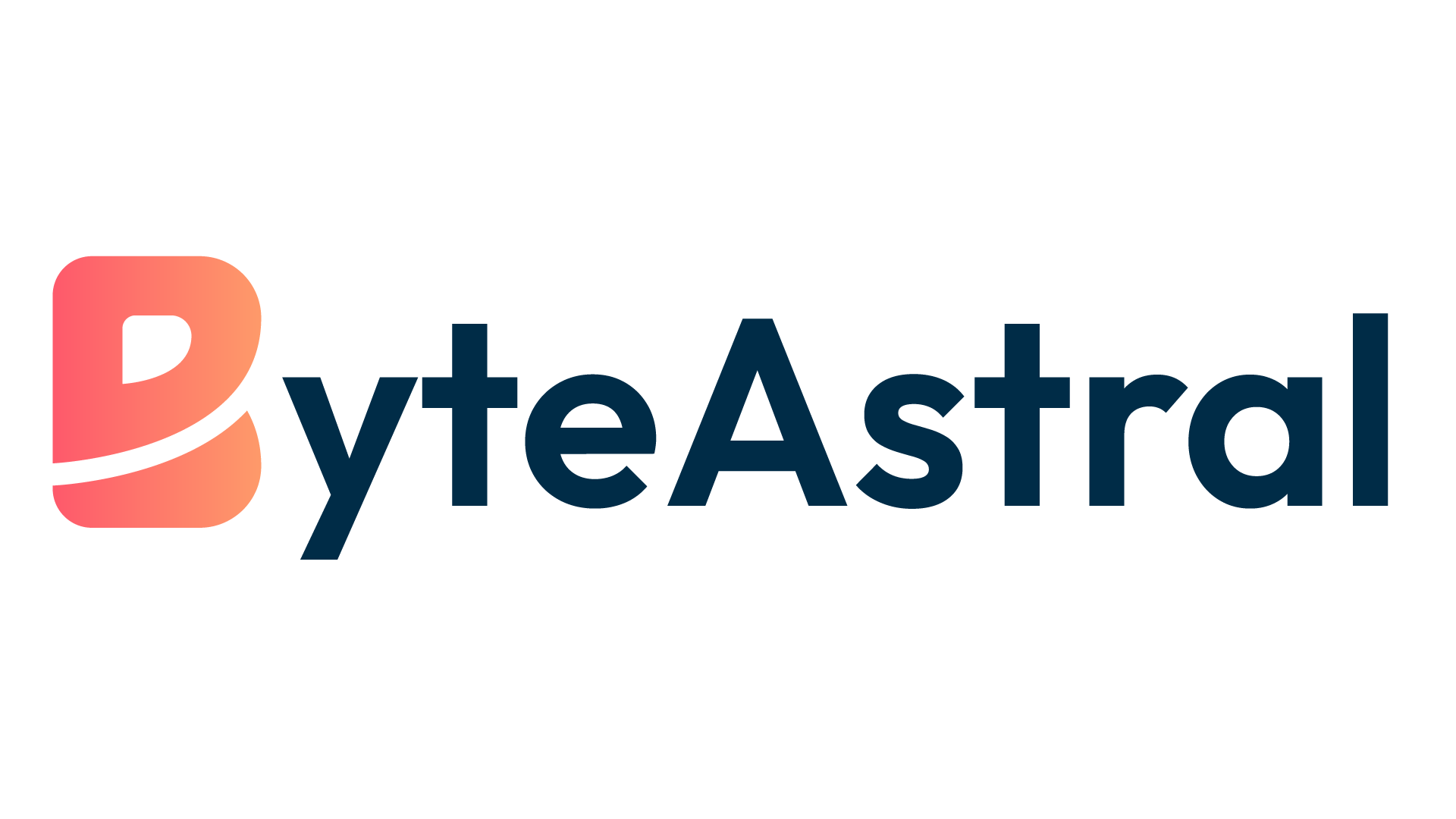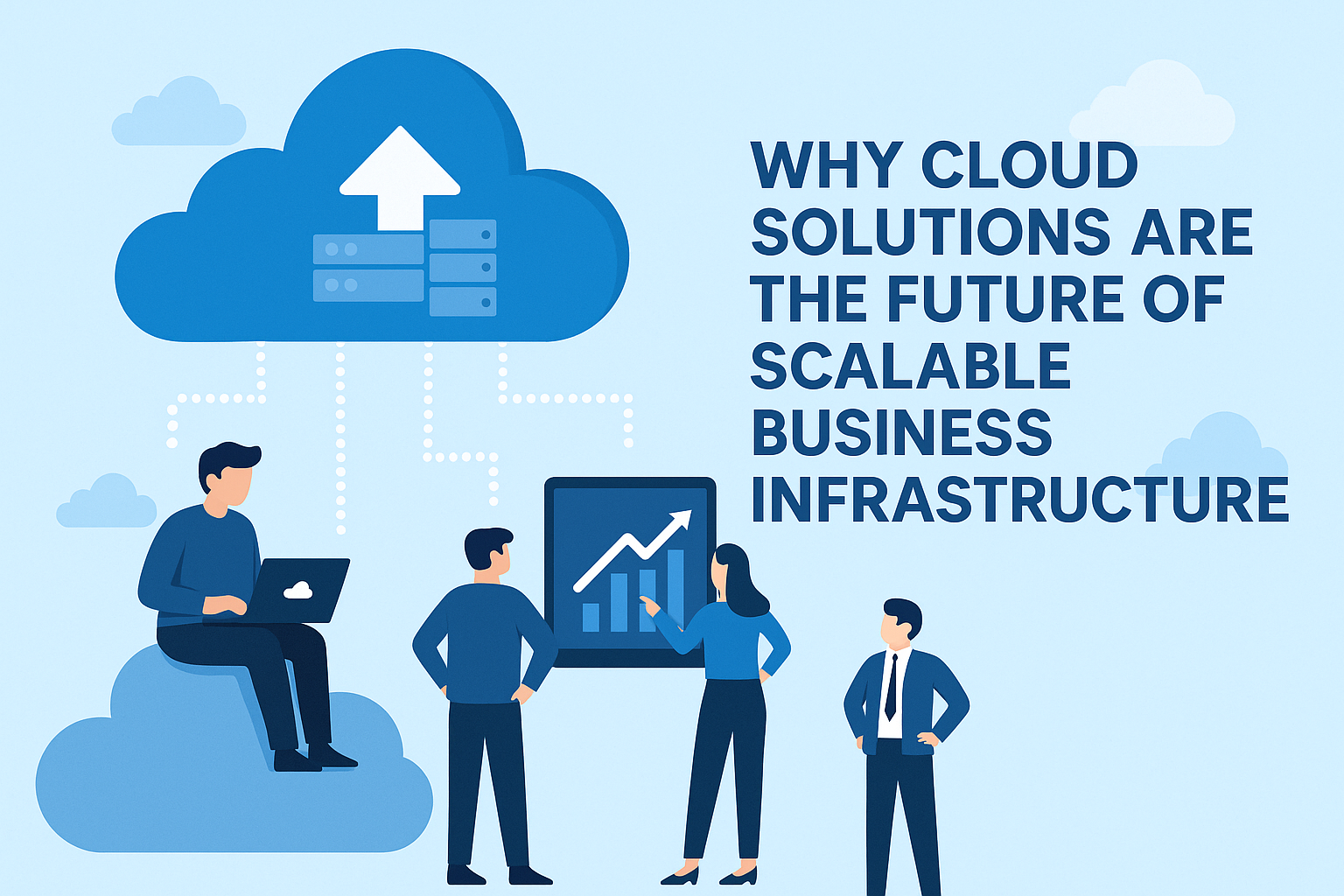Introduction
As digital transformation accelerates across industries, businesses are rethinking how they manage operations, store data, and deliver value. From small startups to global enterprises, the shift toward agile, data-driven, and remote-friendly systems has made traditional infrastructure models increasingly obsolete.
Enter cloud solutions—a technology framework that delivers computing services such as servers, storage, databases, networking, and analytics over the internet. As companies look for scalable, cost-efficient, and future-proof infrastructure, cloud computing has become the backbone of modern business operations.
In this blog, we’ll explore the key reasons why cloud solutions are shaping the future of scalable infrastructure—and how your business can leverage them for growth, innovation, and resilience.
1. Transforming Data Storage and Access with Cloud Solutions
At the heart of every modern business is data—and cloud solutions are revolutionizing how that data is stored, accessed, and managed. Traditional on-premise storage systems are often limited by hardware capacity and geographic location. In contrast, cloud platforms offer centralized, scalable storage with global accessibility.
With cloud-based systems, businesses can:
- Access files and applications from any device, anywhere
- Implement real-time collaboration across teams and time zones
- Ensure redundancy and data recovery through automated backups
Whether you're a startup needing secure file storage, an e-commerce business managing high-traffic databases, or a global organization coordinating remote teams, cloud storage offers unmatched efficiency and flexibility.
2. Empowering Data-Driven Decisions Through Cloud-Based Data Analytics
In today’s competitive environment, data-driven decision-making isn’t optional—it’s essential. Cloud computing enhances this capability by integrating seamlessly with modern data analytics tools.
Cloud-based analytics platforms offer:
- Real-time dashboards for instant insights
- Automated data pipelines that collect and clean data continuously
- AI-powered recommendations for smarter forecasting and targeting
SMEs use these tools to optimize marketing strategies, streamline operations, and monitor KPIs, while large enterprises leverage advanced analytics to drive innovation and strategic planning.
The cloud’s on-demand compute power makes it ideal for handling complex datasets without the need for costly on-prem infrastructure.
3. Why Every IT Software Solutions Company Is Moving to the Cloud
IT software solution providers are rapidly shifting to cloud-native and hybrid models for good reason. Cloud environments enable faster deployment, simplified maintenance, and cost-effective scalability.
Key benefits include:
- Rapid development cycles with DevOps and CI/CD pipelines
- Reduced infrastructure costs by eliminating server overhead
- Effortless software updates and version control
Cloud-first companies can easily roll out updates, test new features in sandbox environments, and deploy SaaS applications with minimal downtime. This agility is a key driver of innovation and customer satisfaction in software development.
4. Enhancing Business Intelligence and Data Analytics Services Through the Cloud
Business Intelligence (BI) and advanced data analytics services are experiencing a renaissance thanks to cloud computing. Enterprises can now store massive datasets, run complex queries, and generate real-time reports without investing in expensive local hardware.
Cloud-based BI platforms offer:
- High-performance querying even on massive datasets
- Scalable infrastructure that grows with data volume
- Enterprise-grade security to protect sensitive insights
With AI and machine learning (ML) capabilities baked into many cloud platforms, businesses can forecast trends, detect anomalies, and generate predictive insights at unprecedented speed.
5. The Future of Business Infrastructure: Flexibility, Growth, and Innovation
Cloud computing isn’t just a passing trend—it’s the infrastructure of the future. Its flexibility allows businesses to scale up or down based on demand. Its global reach enables remote work, international expansion, and always-on services.
Future-forward trends in cloud computing include:
- Multi-cloud strategies for redundancy and vendor flexibility
- Edge computing to bring processing closer to users
- Sustainable “green” cloud technologies to reduce carbon footprints
These trends reinforce the idea that cloud is not just a tool but a strategic enabler of innovation, growth, and competitive advantage.
Conclusion
In a world where agility, data, and remote collaboration drive success, cloud solutions offer the scalable, secure, and intelligent infrastructure businesses need to thrive. From data analytics and software development to global operations and innovation, the cloud is redefining what’s possible.
If your business is still relying on legacy systems, now is the time to assess your infrastructure and explore cloud-based platforms. ByteAstral Technologies can help guide your cloud journey—ensuring a seamless transition tailored to your goals.
🚀 The future is flexible, data-driven, and cloud-powered. Let’s build it together.







0 Comment